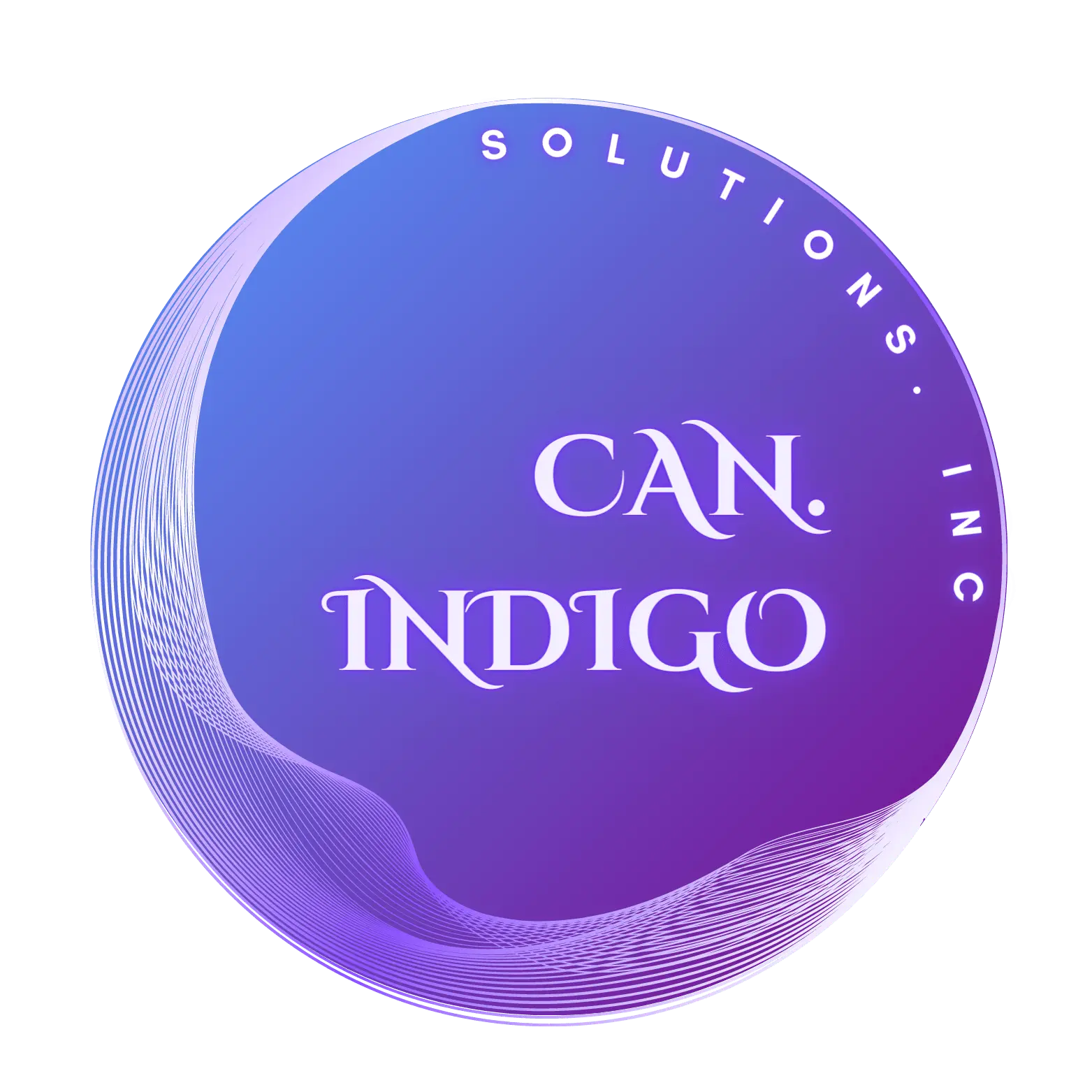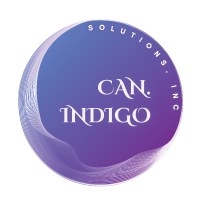Effective time management is a critical component of successful project development. Time management is vital for successful project development. It ensures deadlines are met, enhances productivity, improves work quality, reduces stress, facilitates collaboration, and maximizes resource utilization. By implementing effective time management strategies, organizations can achieve their project goals more efficiently and with higher quality.
This post highlights the importance of time management and provides strategies for optimizing productivity and achieving project goals.
Meeting Deadlines
Time management ensures that projects are completed within the specified timeframe. Meeting deadlines is crucial for maintaining client trust, meeting contractual obligations, and staying competitive in the market.
Enhancing Productivity
By managing time effectively, team members can prioritize tasks, allocate resources efficiently, and avoid wasting time on low-priority activities. This focus on high-impact tasks boosts overall productivity and ensures that project milestones are met.
Improving Quality of Work
Proper time management allows for thorough planning, execution, and review of tasks. When team members are not rushed, they can pay attention to detail, reduce errors, and deliver higher-quality work.
Reducing Stress and Burnout
Effective time management reduces stress and prevents burnout by creating a balanced workload. When tasks are planned and executed efficiently, team members can avoid lastminute rushes and excessive overtime, leading to a healthier work environment.
Facilitating Better Collaboration
Time management enhances collaboration by ensuring that all team members are aware of deadlines and their responsibilities. Clear timelines and schedules help coordinate efforts, facilitate communication, and prevent bottlenecks in the project workflow.
Maximizing Resource Utilization
Efficient time management helps maximize the use of available resources, including manpower, equipment, and budget. By planning and scheduling tasks effectively, organizations can avoid resource wastage and ensure optimal utilization.
Strategies for Effective Time Management
- Prioritize Tasks: Identify high-priority tasks that have the most significant impact on the project and focus on completing them first.
- Set Clear Goals: Define specific, measurable, and achievable goals for each phase of the project to provide direction and motivation.
- Create a Schedule: Develop a detailed project schedule with timelines for each task and milestone. Use project management tools to track progress.
- Avoid Multitasking: Focus on one task at a time to improve concentration and quality of work.
- Delegate Wisely: Assign tasks based on team members’ strengths and expertise to ensure efficient task completion.





